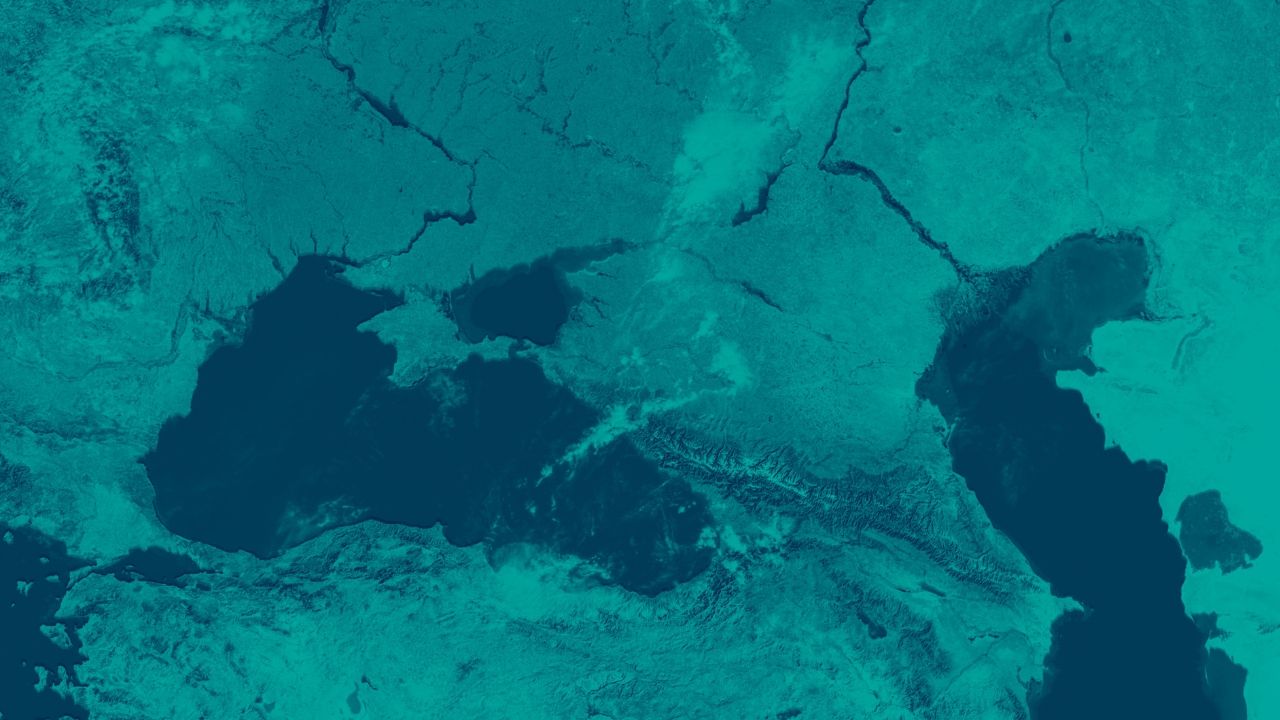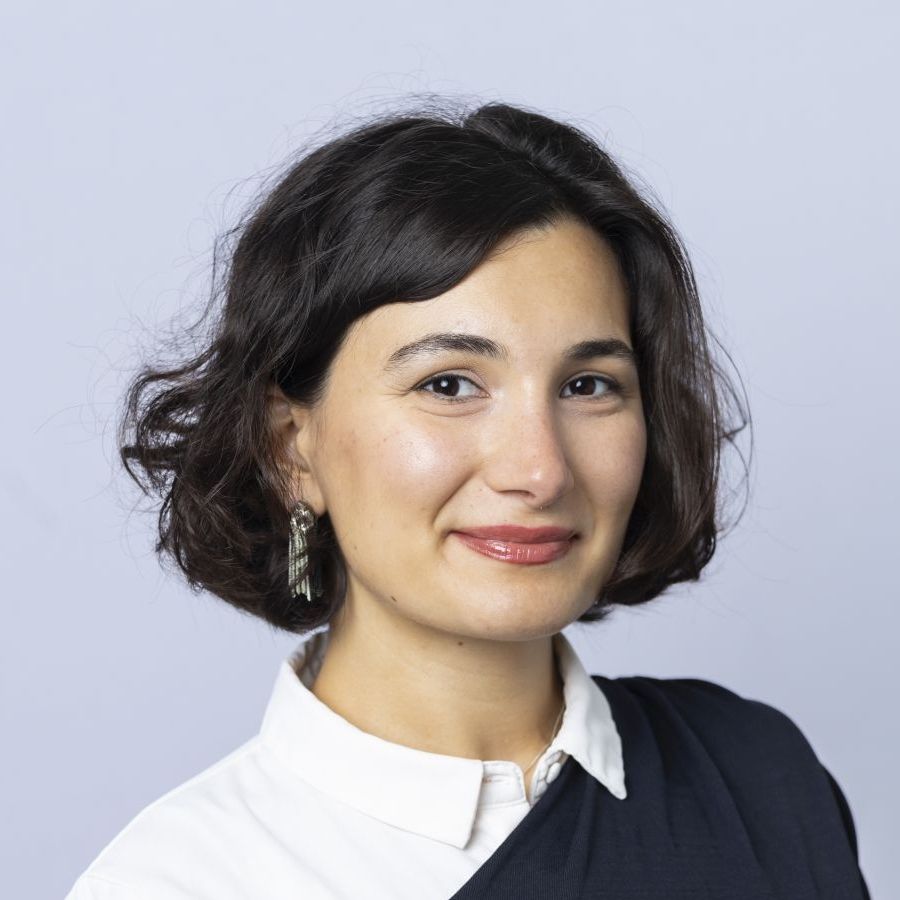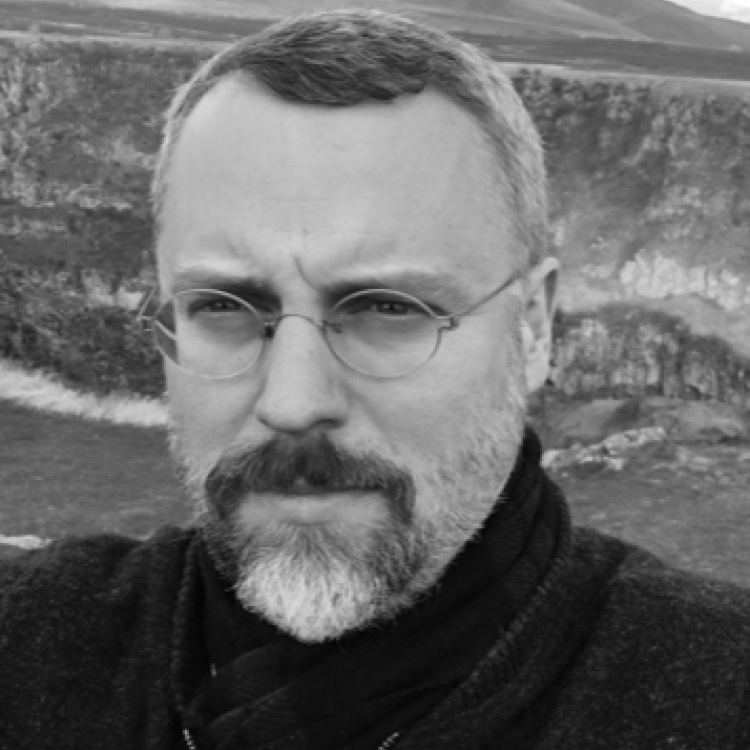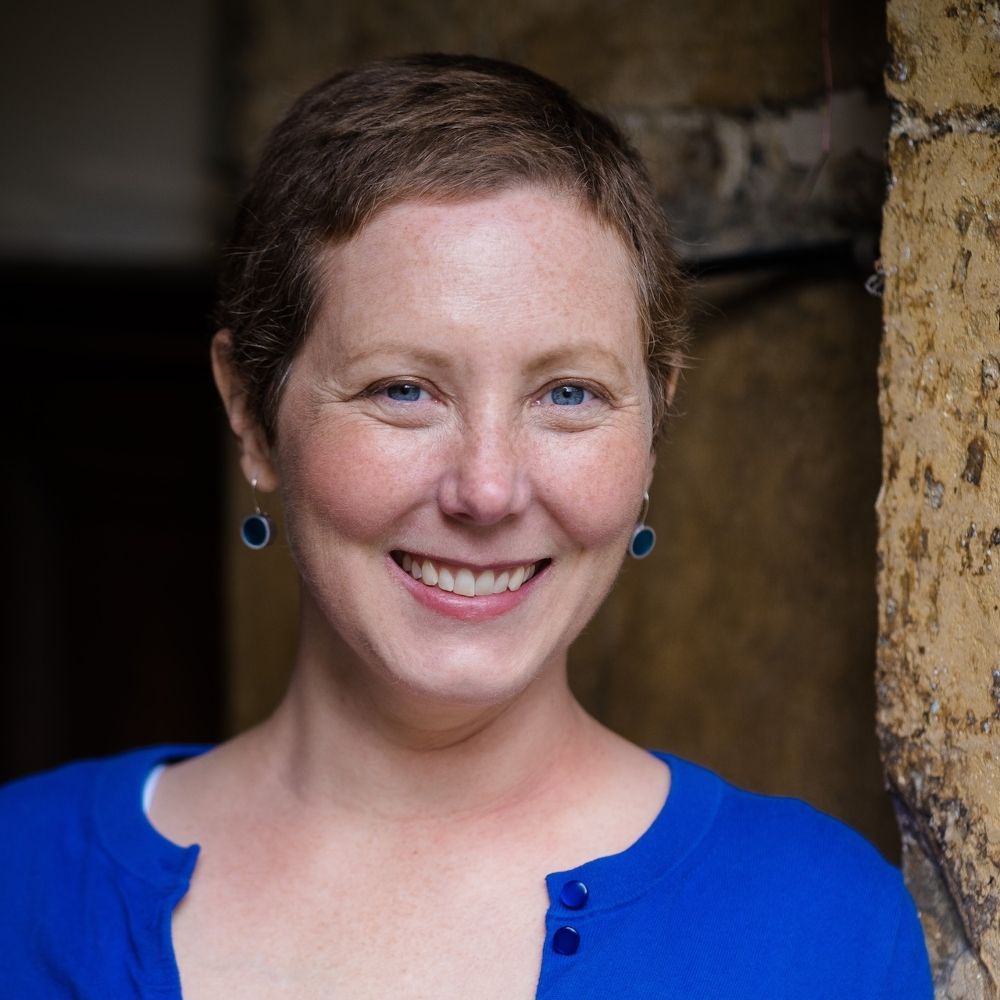{
"authors": [
"Tinatin Akhvlediani",
"Laurence Broers",
"Thomas de Waal",
"Jody LaPorte"
],
"type": "event",
"centerAffiliationAll": "",
"centers": [
"Carnegie Endowment for International Peace",
"Carnegie Europe"
],
"collections": [
"Aso Tavitian Initiative"
],
"englishNewsletterAll": "",
"nonEnglishNewsletterAll": "",
"primaryCenter": "Carnegie Europe",
"programAffiliation": "",
"programs": [],
"projects": [
"Europe’s East"
],
"regions": [
"Caucasus"
],
"topics": [
"Foreign Policy"
]
}
Navigating the Geoeconomic Shifts in the South Caucasus
Thu, November 7th, 2024
Carnegie Europe Office and Live Online
Invalid video URL
Russia’s war in Ukraine has reshaped the geopolitical and economic landscape in the South Caucasus. Although the conflict has created new vulnerabilities for Armenia, Azerbaijan, and Georgia, these countries have also experienced economic benefits, particularly through increased trade with Russia. The international profile of Azerbaijan, in particular, has grown since 2022, with Baku set to host the COP29 climate change conference in November.
Against this backdrop, the EU faces the challenge of strengthening economic ties with a region that serves as a critical trade and transit hub.
To discuss the geoeconomic dynamics in the South Caucasus, Carnegie Europe invites you to a debate moderated by senior fellow Thomas de Waal, featuring the authors of two recent Carnegie publications: Tinatin Akhvlediani, research fellow at the Centre for European Policy Studies, and Jody LaPorte, Gonticas fellow at Lincoln College, University of Oxford. Laurence Broers, associate fellow at Chatham House, will be a discussant.
A light reception will follow.
Carnegie does not take institutional positions on public policy issues; the views represented herein are those of the author(s) and do not necessarily reflect the views of Carnegie, its staff, or its trustees.
Event Speakers
Tinatin Akhvlediani
Research Fellow, Centre for European Policy Studies

Tinatin Akhvlediani is a research fellow at Centre for European Policy Studies.
Laurence Broers
Associate Fellow, Chatham House

Laurence Broers is an associate fellow in the Russia and Eurasia Program at Chatham House.
De Waal is a senior fellow at Carnegie Europe, specializing in Eastern Europe and the Caucasus.
Jody LaPorte
Gonticas Fellow in politics and international relations, Lincoln College, University of Oxford.

Jody LaPorte is the Gonticas fellow in politics and international relations at Lincoln College, University of Oxford.
